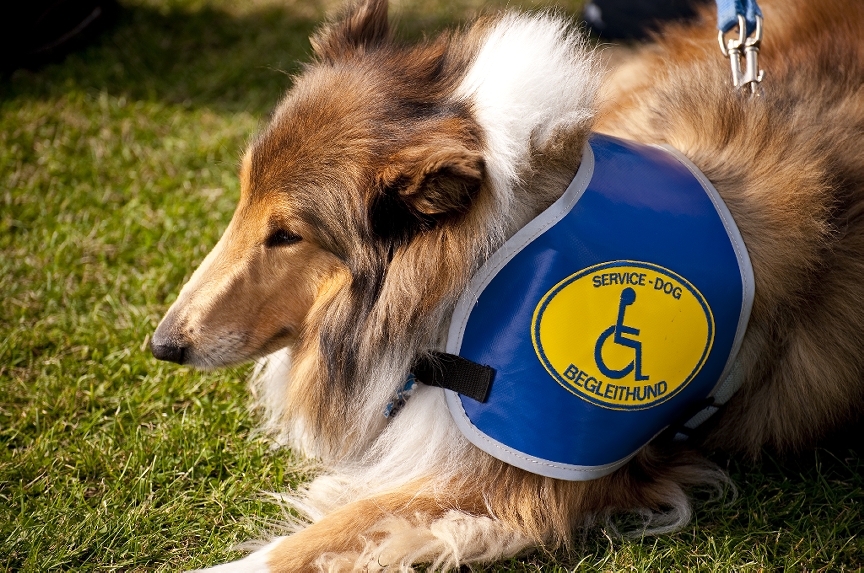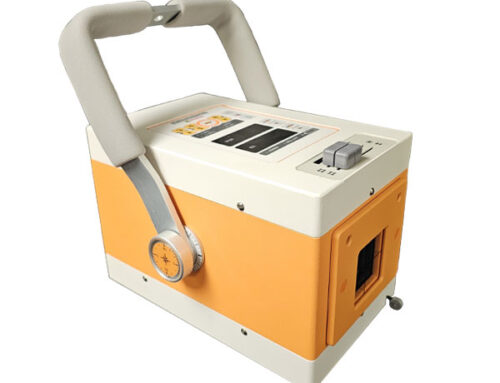International Assistance Dog Week (IADW) was created to recognize all of the devoted, hardworking assistance dogs helping individuals mitigate their disability-related limitations.
Assistance dogs transform the lives of their human partners dealing with debilitating physical and mental disabilities. They serve as a companion, helper, aide, best friend and close member of the family.
During International Assistance Dog Week, we recognize and honor the hardworking assistance dogs; raise awareness and educate the public about how these specially trained animals are supporting so many people in our communities; honor the puppy raisers and trainers of assistance dogs; and recognize heroic deeds performed by assistance dogs in our communities. The celebration takes place each year, starting on the first Sunday of August. In 2017, International Assistance Dog Week will be August 6 – 12.
International Assistance Dog Week was established due to the efforts of Marcie Davis, a paraplegic for over 35 years and CEO of Davis Innovations, a consulting firm based in Santa Fe, NM. Davis is the author of Working Like Dogs: The Service Dog Guidebook, a resource book that captures personal stories, checklists and practical tips to provide the reader with an A-Z guide about service dogs. Additionally, Davis is the host of the Internet radio program, Working Like Dogs, at petliferadio.com. As a member of a service dog team, she founded Working Like Dogs to honor assistance dogs around the world and is sponsoring International Assistance Dog Week.
Did you know…
- Service dogs are not pets. Service animals are defined by The Americans with Disabilities Act (ADA) as dogs that are individually trained to do work or perform tasks for a person with a disability. They are an extension of the person who has the disability.
- Training a service dog can be costly and time-consuming. The preparation for service dog starts at around 18 months; with neuromuscular stimulation exercises that prepare the animals to handle potentially stressful situations and routinely perform specialized tasks. It can last for months, and even years.
- Any breed can do it, but retrievers were born for it. According to the ADA, any breed can work as a service dog, but experiences show retrievers are among the best. They love to use their mouths, have are perceived as friendly, hardworking and extremely loyal.
- Service dog vests are optional. The ADA does not require the service dogs to wear any gear that identifies them as working dogs. They only need to wear a leash or tether, unless it interferes with accomplishing a task, and are allowed to accompany their human partners anywhere the public is welcome.
For more information about assistance dogs, please visit:
Assistance Dogs International—assistancedogsinternational.org
ADI is a coalition of not for profit organizations that train and place assistance dogs.
International Association of Assistance Dog Partners—-iaadp.org
IAADP is a non-profit, cross-disability organization representing people partnered with guide, hearing and service dogs.
Working Like Dogs—workinglikedogs.org
WLD is a resource for people with working and service dogs, or who would just like to learn more about them






